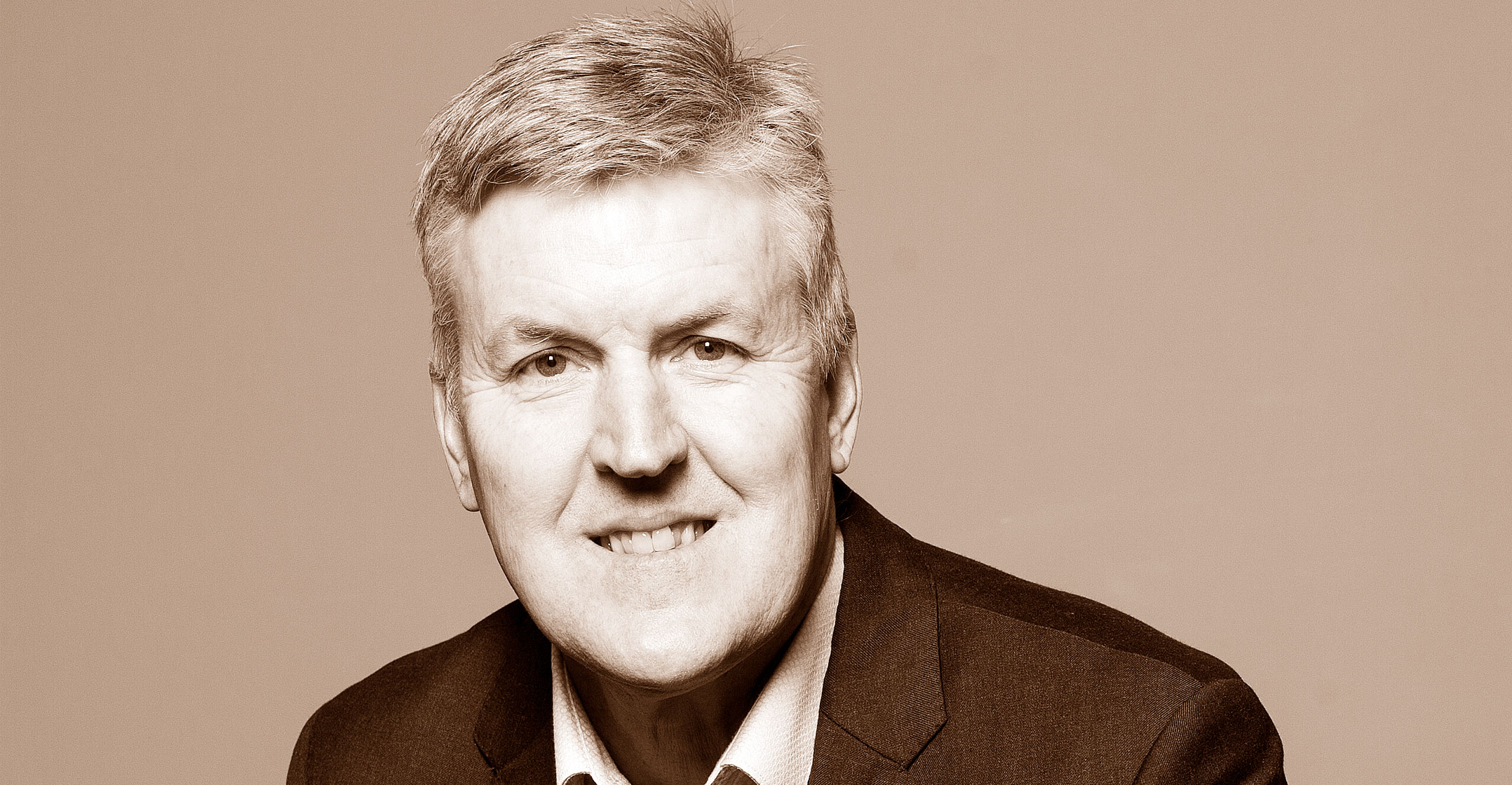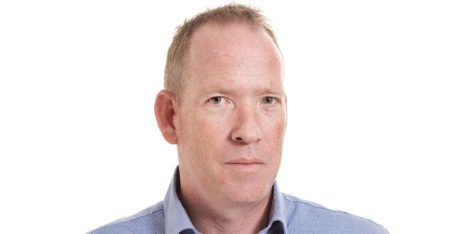
The most troubled year in EOH’s history has ended, with the JSE-listed technology services group reporting a loss of R104-million, down from a profit of R1.2-billion in 2017.
The group reported a sharp decline in normalised headline earnings per share. Normalised Heps fell 41% to R4.67 in the 12 months ended 31 July 2018, while the group reported a diluted loss per share of 68c.
It was a year in which EOH came under unprecedented scrutiny over its business practices (especially in respect of government contracts), shed a controversial acquisition, appointed a new group CEO (MTN Group’s Stephen Van Coller), split the group into two new operating subsidiaries and concluded a new black economic empowerment deal.
EOH described it in a statement on Wednesday as “a year of two very different halves — a very difficult first half, with the second half showing signs of a normalising of business activities”. Shareholders, who have seen the value of their investment tumble this year, will be hoping the new management team can capitalise on this improvement into the new financial year.
Key highlights from the year included the creation of the two new business units: EOH, focused on the traditional ICT business, and Nextec, which will deliver “specialised solutions in high-growth industries”. And the Lebashe BEE transaction, concluded after year-end, resulted in the injection of R1-billion in new capital and improved its empowerment credentials. EOH also reconfigured its board earlier in the year, “bringing with it greater levels of independence and oversight”.
EOH said 2018 earnings were impacted by once-off impairments of assets, unwinding of non-core businesses and the discontinuation of some public-sector contracts.
‘Margin squeeze’
“The financial year under review was impacted negatively by the first half, which was influenced by challenging market conditions, negative media attention, the unwinding of GCT — a major business unit that no longer fitted the EOH business model — and robust customer retention negotiations, which led to margin squeeze in the business,” it said.
“With these largely once-off items completed, while they have a negative impact on the overall financial results, EOH is pleased that the second half of the year saw a much different business environment, despite the South African macro economy still being under strain.”
It said it was again able to focus on once again winning major clients at “more normalised margins”.
Normalised revenue grew by 8% to R16.3-billion, while normalised earnings before interest, tax, depreciation and amortisation fell from R2.2-billion to R1.8-billion. Working capital was “under strain throughout the year” because of “slow payments from the public sector and delays in long-term projects”. Cash generated from operations was about R1.3-billion. This area also showed marked improvement in the second half of the year. — (c) 2018 NewsCentral Media




